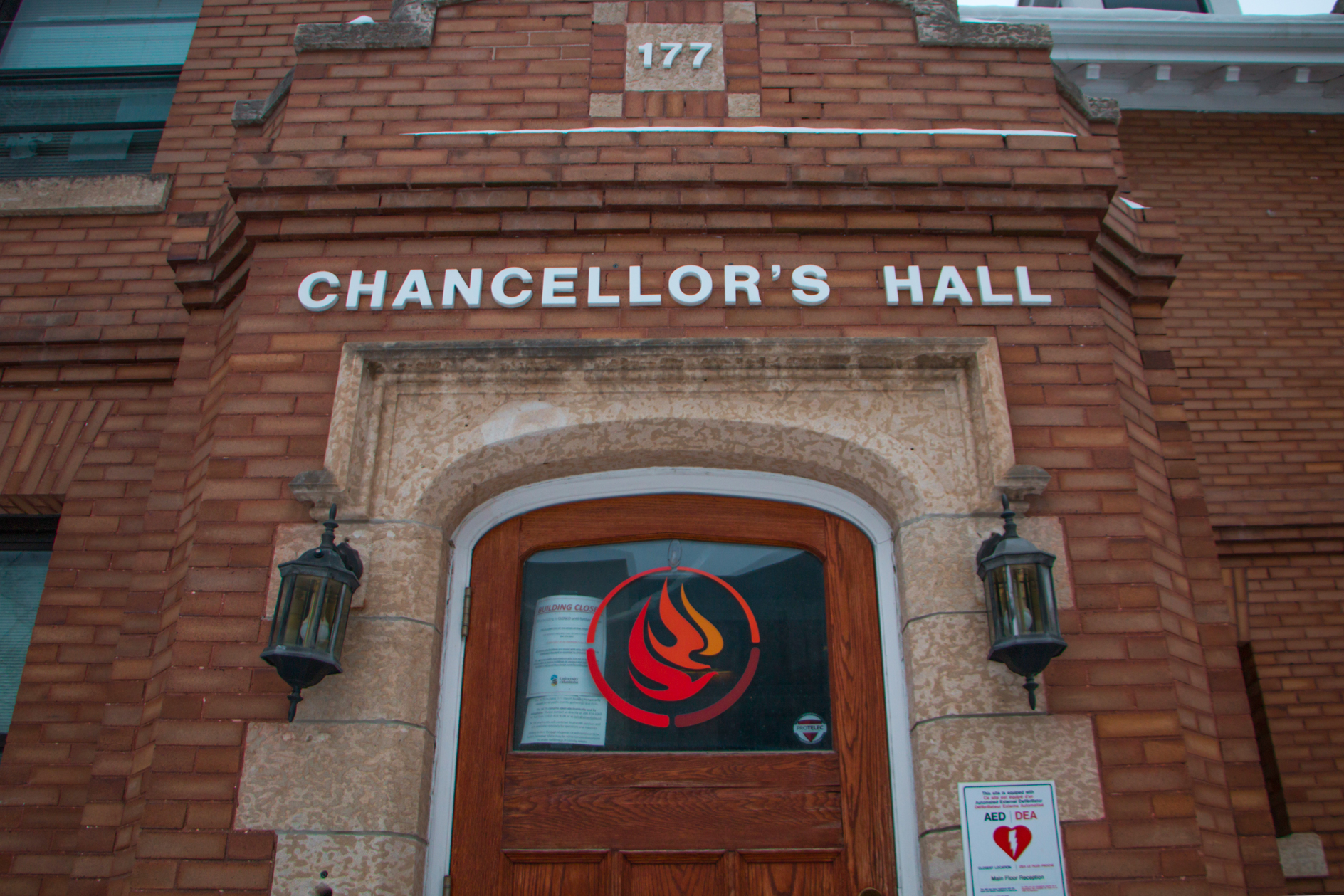The commissioners of the Truth and Reconciliation Commission of Canada (TRC) issued a public statement Dec. 15, five years after the release of its final report, expressing disappointment about the “slow and uneven pace” of the government’s response.
In its statement, retired senator Murray Sinclair, Chief Wilton Littlechild and Marie Wilson call on governments and Canadians to renew the sense of urgency and commitment to the calls to action recommended by the TRC’s final report.
Though they were encouraged by some signs of progress, such as legislative efforts to establish Orange Shirt Day as a National Day for Truth and Reconciliation, they warned of continued “barrier[s] to reconciliation.”
According to the statement, “essential foundations for reconciliation have yet to be implemented, despite government commitments. In some jurisdictions, there is danger of losing gains that have been made.”
In an APTN InFocus special about the fifth anniversary of the TRC’s final report, released shortly after the commissioners’ statement, Sinclair acknowledged that “reconciliation is going to be hard, and [it will] take a long time.
“It is, however, very concerning to us as commissioners that five years later, the federal government still does not have a tangible plan for how they will work toward implementing the Calls to Action,” he continued, “and progress is not being tracked by any one federal department.”
Sinclair, Littlechild and Wilson commended the federal government for committing to establishing a National Council on Reconciliation and tabling legislation to implement the United Nations Declaration on the Rights of Indigenous Peoples (UNDRIP), which the commissioners called “the framework to achieve […] reconciliation at all levels and across all sectors of society.”
However, they criticized the governments of Alberta and Ontario for rolling back progress on public school curriculums — a move they called “an attack on the truth.” They also pointed out that six provincial governments have called for the implementation of UNDRIP to be delayed.
In November, Indigenous relations ministers from the provinces of Alberta, Manitoba, Saskatchewan, Quebec, Ontario and New Brunswick requested that the federal government delay legislation that would apply UNDRIP’s principles to federal law, but Justice Minister David Lametti refused.
The provincial ministers claimed the federal government’s timeline did not give them sufficient time to consult with industry stakeholders and Indigenous communities, especially during the COVID-19 pandemic. The justice minister responded that Ottawa had made its intent to implement UNDRIP by the end of 2020 clear in throne speeches in December 2019 and September 2020.
Obstacles like these, the commissioners’ report asserted, are why the proposed National Council for Reconciliation is so important to “track, assess and report on all aspects of national reconciliation.”
Sinclair, Littlechild and Wilson lamented the fact, in their statement, that thousands of residential school survivors have died, including three members of the TRC Survivor Committee, before more substantial progress could be made.
“They and thousands of others who have also passed since our reporting, contributed so much to our national understanding.” “They deserved to see real and meaningful progress in their lifetimes.”


